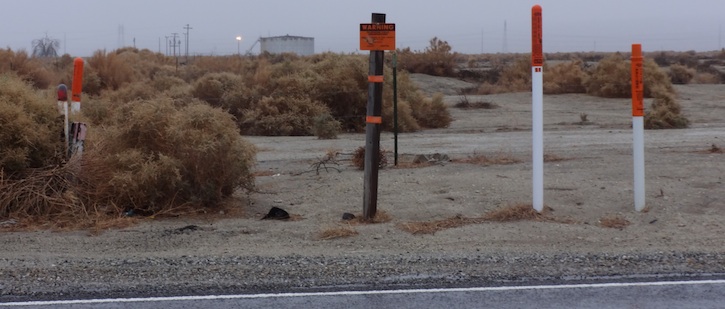Dial up is also back up

They didn’t get the memo about the logo either.
AOL is bringing 2.2 million dial up Internet access subscribers to the Verizon dance. That legacy business generates more than half a billion dollars a year for the former king of online access, according to its fourth quarter 2014 earnings release.
The persistence of the dial up market has been largely attributed to two factors over the past few days: lack of broadband access in rural areas and the appeal of a low, $20 per month price to low income households.… More


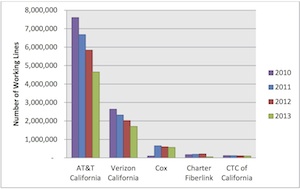
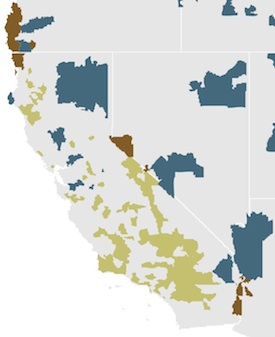

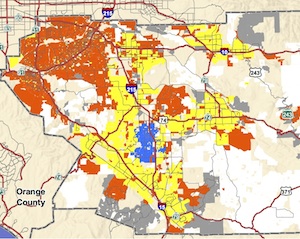
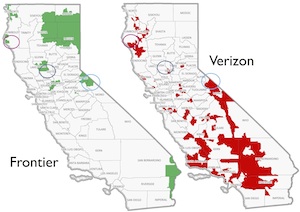
![By John Schanlaub (originally posted to Flickr as Lionel J-38 Key) [CC BY 2.0 (https://creativecommons.org/licenses/by/2.0)], via Wikimedia Commons](https://www.tellusventure.com/images/2015/3/j38_key.jpg)
